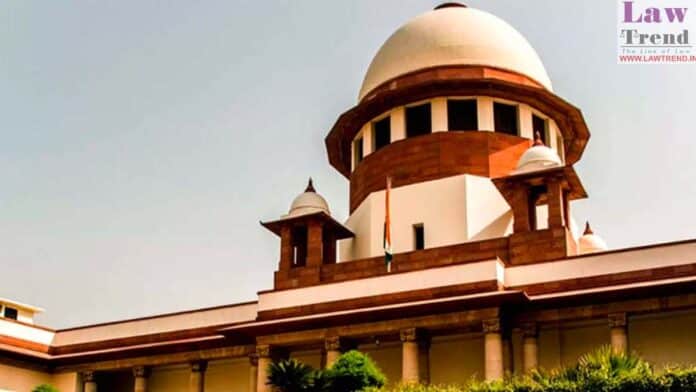The Supreme Court on Friday stated that minority educational institutions are not immune from exercises undertaken by the admission and fee regulatory committees. The bench of Justices Dinesh Maheshwari and Sanjay Kumar stated that “the appellant society must necessarily submit the fees proposed by it in respect of the professional courses offered through its institutions
To Read More Please Subscribe to VIP Membership for Unlimited Access to All the Articles, Download Available Copies of Judgments/Order, Acess to Central/State Bare Acts, Advertisement Free Content, Access to More than 4000 Legal Drafts( Readymade Editable Formats of Suits, Petitions, Writs, Legal Notices, Divorce Petitions, 138 Notices, Bail Applications etc.) in Hindi and English.







